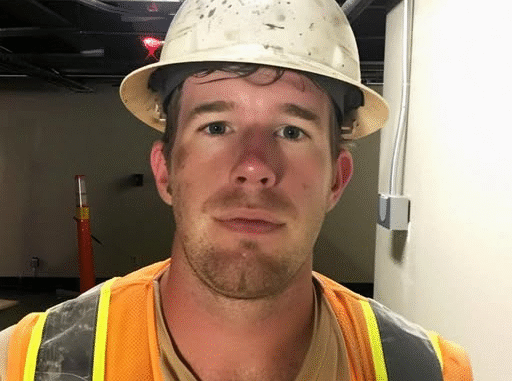
From the moment his mother remarried, Sheldon knew his place in his stepfather’s world wasn’t given—it had to be earned. At fifteen, he started sweeping floors and organizing files at the family construction business, not because he dreamed of it, but because his stepfather’s rules were clear: “If you want to live here, you work here.” There was no room for argument. By sixteen, he was paying rent, juggling school, the company, and a weekend job at an ice cream shop. His stepfather called it “responsibility.” To Sheldon, it felt like survival.
He never expected praise, but he hoped for respect. After high school, college wasn’t an option. “You’re joining the company full-time,” his stepfather declared. Sheldon accepted it, telling himself this was his path, his future. He threw himself into the work, hauling debris, managing crews, and climbing the ranks until he became foreman. For the first time, he allowed himself to believe he was more than just an employee—he was family.
Then David came back.
David, the biological son who had vanished years ago, reappeared as if no time had passed. His stepfather’s attitude shifted overnight. One evening, Sheldon was summoned to the office. His stepfather didn’t meet his eyes as he spoke: “David’s taking over management. We don’t have room for both of you.” Sheldon’s protests—“I’ve been here for years. I’ve built this with you.”—were met with a cold truth: “You’re not blood.”
No warning. No thank-you. Just a pink slip and a locked door.
Sheldon left without a scene, moving in with his girlfriend, Bea. Within a week, a rival construction firm offered him a project manager role—double the respect, double the pay, and none of the conditional love. He flourished, overseeing high-profile builds and earning the recognition he’d been denied for so long.
But the story didn’t end there.
Rumors swirled about his stepfather’s company crumbling under David’s leadership. Clients defected. Projects stalled. Then, one morning, Sheldon found David’s resume in his inbox. The man who had replaced him was now begging for a chance. When David walked into the interview, his confidence was gone, replaced by desperation. “I made mistakes,” he admitted. Sheldon listened, then said, “We’ll be in touch.”
The final call came from his stepfather: “The company’s failing. David quit. I need you to come back.”
Sheldon took a breath. “I’ve moved on.”
For the first time, he wasn’t just free—he was finally enough.